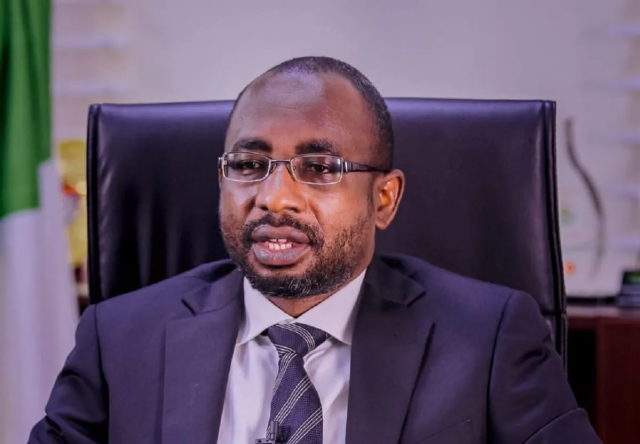The National Information Technology Development Agency (NITDA), in partnership with the Advocacy for Policy and Innovation (API), has convened a one-day workshop in Abuja to advance dialogue on the draft Online Harm Protection (OHP) Bill to confront harmful online content.
The bill, a rights-based, locally rooted, and multi-stakeholder initiative, is aimed at addressing the challenges of the digital age. The event, which held yesterday, brought together government officials, civil society, academics, digital platforms, and legal experts to shape a policy framework designed to combat online ills such as cyberbullying, disinformation, hate speech, digital exploitation, and gender-based violence, while safeguarding democratic freedoms and digital inclusion.
In his keynote remarks, NITDA’s Director General, Kashifu Inuwa, urged a paradigm shift in the way society engages with digital technologies.
“For almost two decades, we have viewed digital technology through a consumer lens. But these technologies are not just products and services. They are transforming how we live, work, and interact. They shape our politics, our society, and our democracy,” he said.
Warning against unaccountable digital power in the hands of private corporations, the DG likened the digital journey to the tale of Alice in Wonderland, where initial fascination with innovation has given way to deeper concerns about privacy, autonomy, and manipulation by big tech platforms.
“We thought we were using Google, but now we realise Google is using us. Social media, once a tool of expression, has become a tool of surveillance and influence,” Inuwa noted.
He, therefore, emphasised the urgency of developing a democratic and accountable framework. He explained that following the 2021 Twitter ban, NITDA facilitated dialogue between the government and platform operators, leading to a Code of Practice that stressed Nigeria’s sovereignty and legal standards.
According to him, the same process birthed the multi-stakeholder steering committee and the OHP White Paper in December 2024, laying the foundation for the current legislative push.
Earlier in her opening remarks, API’s Co-Founder, Victoria Manya, observed the moral and civic necessity of the bill. Her words: “The internet did not break society, it merely revealed its unfiltered version. Every day, Nigerians are exposed to harassment, disinformation, exploitation, and even algorithmic violence. The OHP Bill is not a war on the Internet. It is a peace offering to its users, a social contract for a digital future that is safe, inclusive, and democratic.
“We cannot answer the question of algorithmic power with unchecked state control. We must answer it with shared, rights-based governance. This bill must not be written for the people, but with them.”







